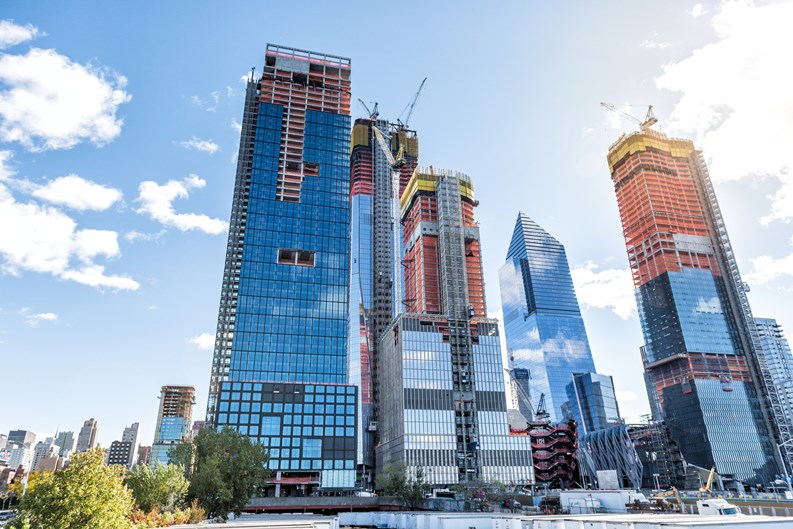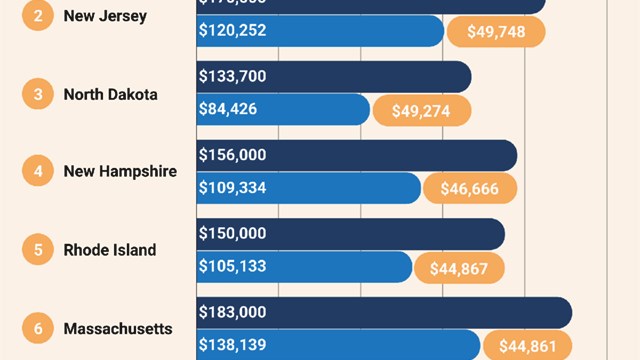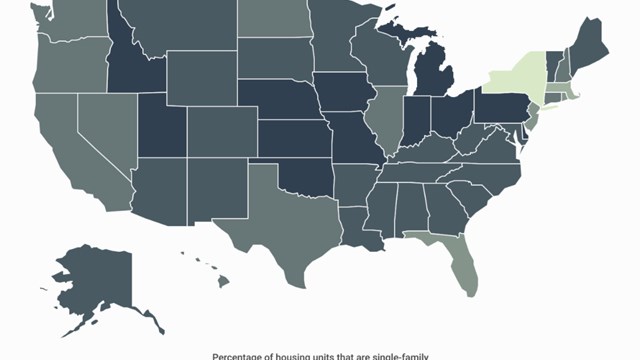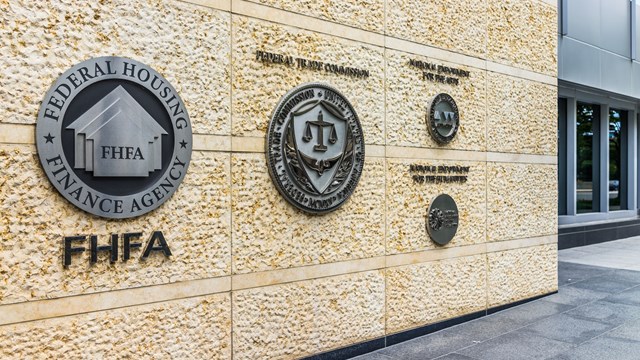The viability of the 421-a tax abatement was up in the air last month as the New York State Senate passed sweeping reforms via a rent regulation bill which has caused quite a stir in the real estate community.
After pushback from developers – including the Durst Organization, which dangled the possibility of scrapping its highly-anticipated Halletts Point waterfront development in Astoria – the Senate hastily agreed upon a version of the bill that would retain the benefits allowed developers by 421-a.
Under the abatement – also known as the Affordable New York Tax exemption – developers agree to both include a substantial percentage of affordable housing units in any new residential project and offer extremely competitive wages for union workers involved in the construction thereof. For their trouble, the developers would later be allowed to remove vacant units from rent stabilization once the going rent exceeds $2,744.
As originally written, the new bill would have applied permanent rent regulation status to buildings that had received the 421-a break. But after the revisions, units that meet the deregulation threshold are still eligible for a rent hike.
Breaking Away
While this may assuage developers' concerns for the time being, it seems to be a very temporary fix, as the 421-a abatement is set to expire this year or next. As The Cooperator reported in March, there had already been a wave of New York homeowners fleeing the city for Florida in the wake of increased taxation brought on by the Trump administration's revised tax legislation, and this may push still more residents to seek breaks elsewhere.
According to StreetEasy via a sampling of five buildings scheduled to lose their abatement in the near future, more units are being listed for sale in those properties than at addresses not affected by the 421-a expiration. Grant Long, senior economist with StreetEasy, said via Crain's New York Business: “People aren't willing to pay the same amount for something that's going to cost them more on a monthly basis. Figuring out what the right price is, given the expiring abatements, is going to be a challenge over time.” And in Bloomberg, Alon Chadad of luxury brokerage firm Blu Real Estate notes that “the difference between a building with a tax abatement and a building without is probably an additional $400,000 on the purchase price.”
Given that the city is already facing a soft market for luxury apartment sales, any disincentive to purchase a condo can only exacerbate a purchasing slump. It remains to be seen what can turn things around for developers and owners of high-end residential.
Mike Odenthal is a staff writer at The Cooperator.










Leave a Comment